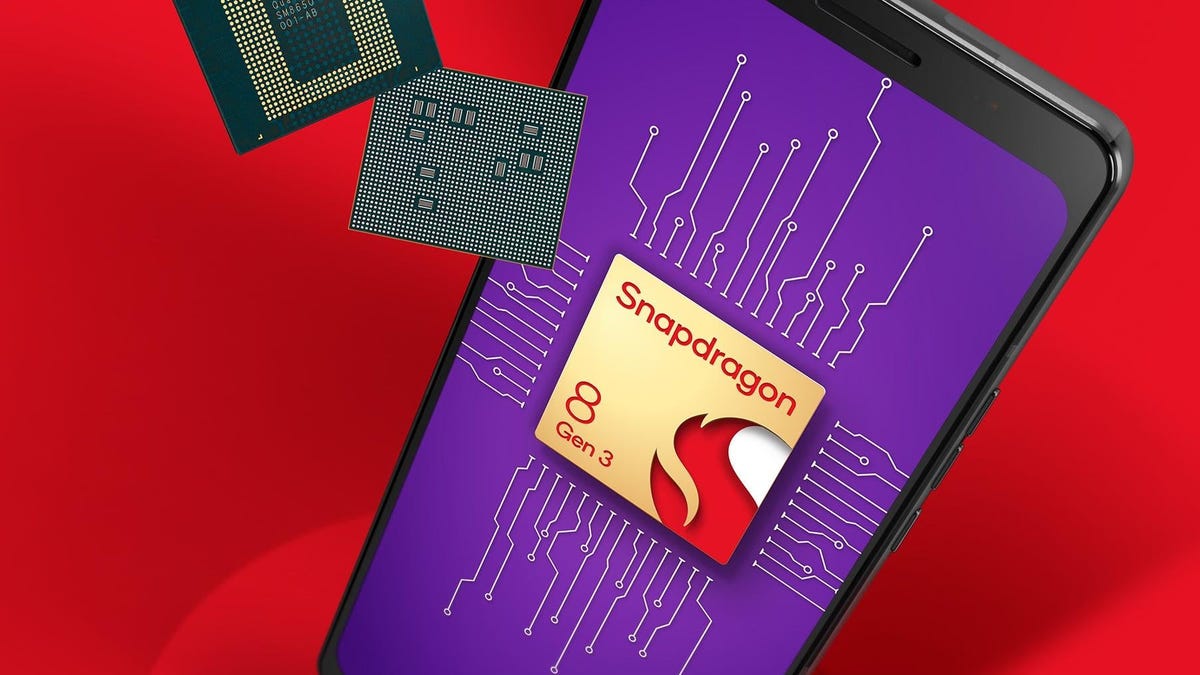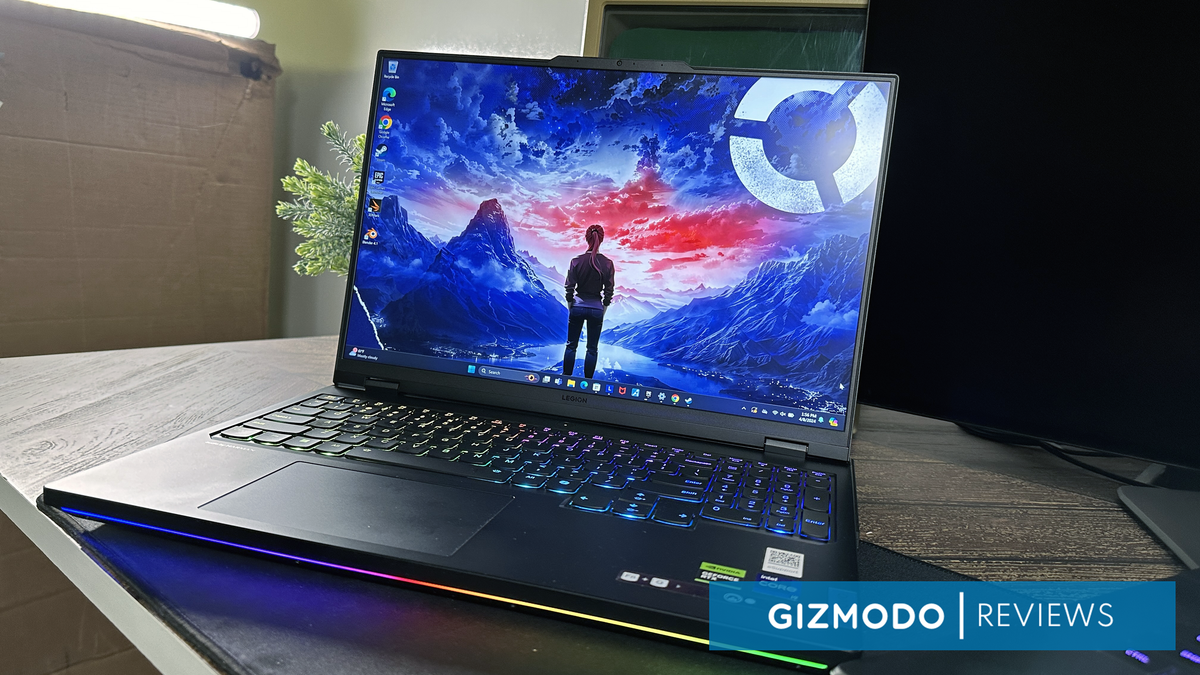The next upgrade to one of the most ubiquitous chips in all of the Android ecosystem is trying to hit Google on its own turf, that being increasingly ubiquitous generative AI. Qualcomm’s week-long chip extravaganza in Maui showed off the Snapdragon 8 Gen 3 that’s ready for OEMs’ flagship devices shipping next year. It’s a lot of vague promises, but we’ll need to wait and see what the next-gen chip can do for gaming, cameras, and AI.
This past Tuesday, the company shared details about the Gen 3 platform that should be able to run AI models on-device. The new version of the Hexagon processor is supposed to be 98% faster and 40% more efficient per watt than last year’s Gen 2. The Kryo CPU is supposed to be 30% faster than the Gen 2 and more efficient, but what’s really the focus of this chip is how it can support generative AI models. The AI performance is bumped up by 3.5 times that of last year’s flagship chip, according to Qualcomm.
It’s a lot of big promises based on a chip that is still an iteration of the company’s previous model. Last year’s Snapdragon 8 Gen 2 got a lot of mileage in the mobile space in phones and some gaming devices. Qualcomm cited that the chip was 40% faster than the Gen 1 and that it was three times better at AI than the previous chip. But there’s a reason Qualcomm is talking up its AI capabilities suddenly. Google is similarly promising its own Tensor G3 can run AI models natively, even if many of these supposed major AI features are still limited on-device or linger in a beta state.
The company claimed the latest mobile Snapdragon chip can create an image on the latest Stable Diffusion AI art generator in just a second. Whereas previously, much of these AI capabilities ran in the backgrounds of apps, the proliferation of language models like ChatGPT and AI art generators has brought those capabilities to the foreground. The Gen 3 platform promises compatibility with Magic Eraser-type features to remove objects from pictures and videos and an AI chatbot assistant based on Meta’s Llama 2 language model.
Yet, the under-the-hood AI may be the most impressive of all. On Thursday, Samsung shared details of its 200 MP cameras that use the AI capabilities of the Gen 3 to automatically track and zoom in on a subject or zoom in at any direction within the camera’s field of view.
The Gen 3 is also supposed to allow it to facilitate up to 240 FPS gaming on supported displays. Of course, nobody’s actually going to offer you those framerates on a mobile device, but the new device does support Unreal Engine 5.2 and hardware-accelerated ray tracing, real-time shadows, and global illumination. There’s also support for the Adreno GPU’s frame motion engine for smoothing out framerates.
Qualcomm Wants to Compete With Apple on Desktop Chips
So many Android devices now rely on the Snapdragon processor; Qualcomm sits beside Google as the left and right sides of Android’s beating heart. It’s all to compete with Apple’s proprietary garden of delights from its own Bionic chips and M-brand processors. In that regard, Qualcomm unveiled its own Snapdragon X Elite chip, its most powerful attempt at a PC chip.
Qualcomm is trying to claim the X Elite CPU running with the Oryon CPU can outperform Apple’s M2-Max silicon in every category. And, of course, the company is promoting it can run generative AI on-device up to 13 billion parameters—which are essentially a marker of how well each AI system can perform at making accurate predictions or completing tasks. The 4nm chip has 136 GB/s of LPDDR5 memory bandwidth, and Qualcomm claims it can do so with better power efficiency.
There are some very interesting ideas coming out of the Qualcomm Maui hype machine, including Wi-Fi on audio peripherals. Still, what matters more than anything is how well any of these upcoming flagship devices perform in real conditions. It’s all about specific use cases, and we’ll have to wait until 2024 until those shake out. The timing here is also important since Apple seems set to share more info on its M3-powered iMacs and MacBook Pros at this upcoming “Scary Fast” event on Oct. 30.








